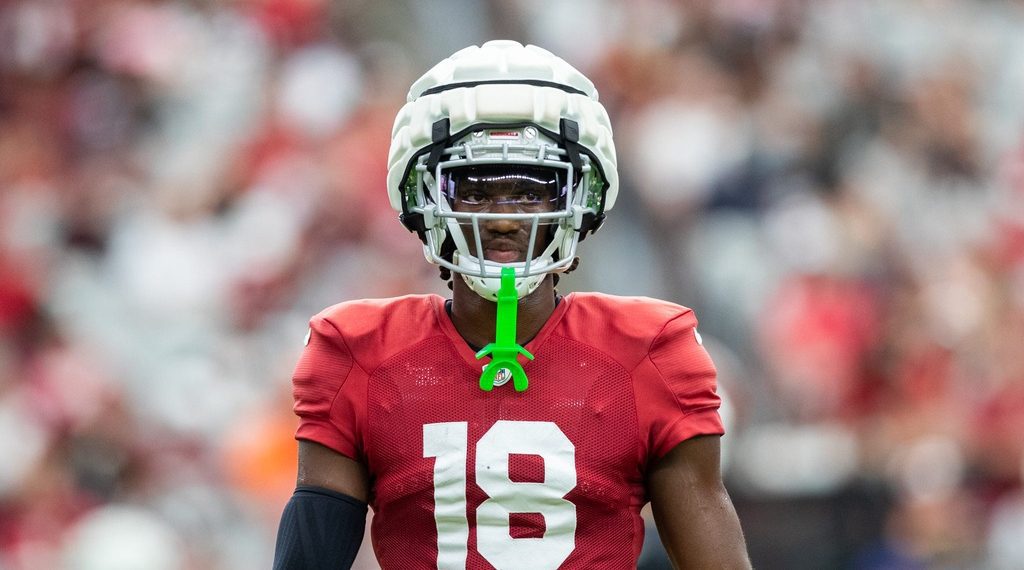Debate Ignites Over NFL Draft Predictions
A provocative take during the NFL draft has brought intense discussion among fans and experts. A former NFL quarterback predicted that rookie wide receiver Brian Thomas would eclipse Marvin Harrison’s performance in their initial seasons. Despite prevailing opinions that ranked Thomas lower in talent—as evidenced by his later selection in the draft compared to Harrison—the statistical performance vindicated the bold forecast.
Statistical Vindication of the Bold Call
Brian Thomas recorded 87 catches for 1,282 yards and 10 touchdowns in his rookie campaign, surpassing Marvin Harrison’s tally of 62 receptions for 885 yards and eight touchdowns. The numbers highlight a discrepancy between traditional scouting evaluations and on-field achievements. Thomas’s production has sparked conversations about the value of unconventional assessments in a sport where numbers often clarify controversies.
Contrasting Draft Evaluations and Talent Tiers
NFL teams approached the wide receiver class differently. While one team secured Marvin Harrison with a high draft pick, others deemed players like Malik Nabers and Rome Odunze as more suitable at earlier stages. Ultimately, Thomas was taken later, echoing a consensus that had previously placed him in a lower tier. Prior rankings established by the former quarterback consistently divided the class into tiers, listing explosive talents alongside those expected to be NFL-ready, and highlighting skill sets that might translate later into career production.
The Merit of Unorthodox Analysis
An established film study approach has previously aligned with outcomes that defied widespread expectations. The analyst’s forecastes extended beyond wide receiver evaluations, including comparisons between quarterbacks and assessments of other positions. By openly acknowledging when such predictions did not pan out, the analyst has cultivated a reputation for challenging group consensus. The recent success of Thomas, verified by his impressive numbers, reinforces the notion that bold, individual assessments can sometimes offer deeper insights than conventional wisdom.
Reflections on the Inexact Science of the NFL Draft
The recent performances serve as a reminder of the inherent uncertainties in evaluating rookie potential. While initial assessments provide a framework, the unpredictable nature of player development often surprises everyone. Embracing diversity in analytical perspectives, particularly those that contest mainstream opinions, underscores the complexity of predicting future NFL success.









